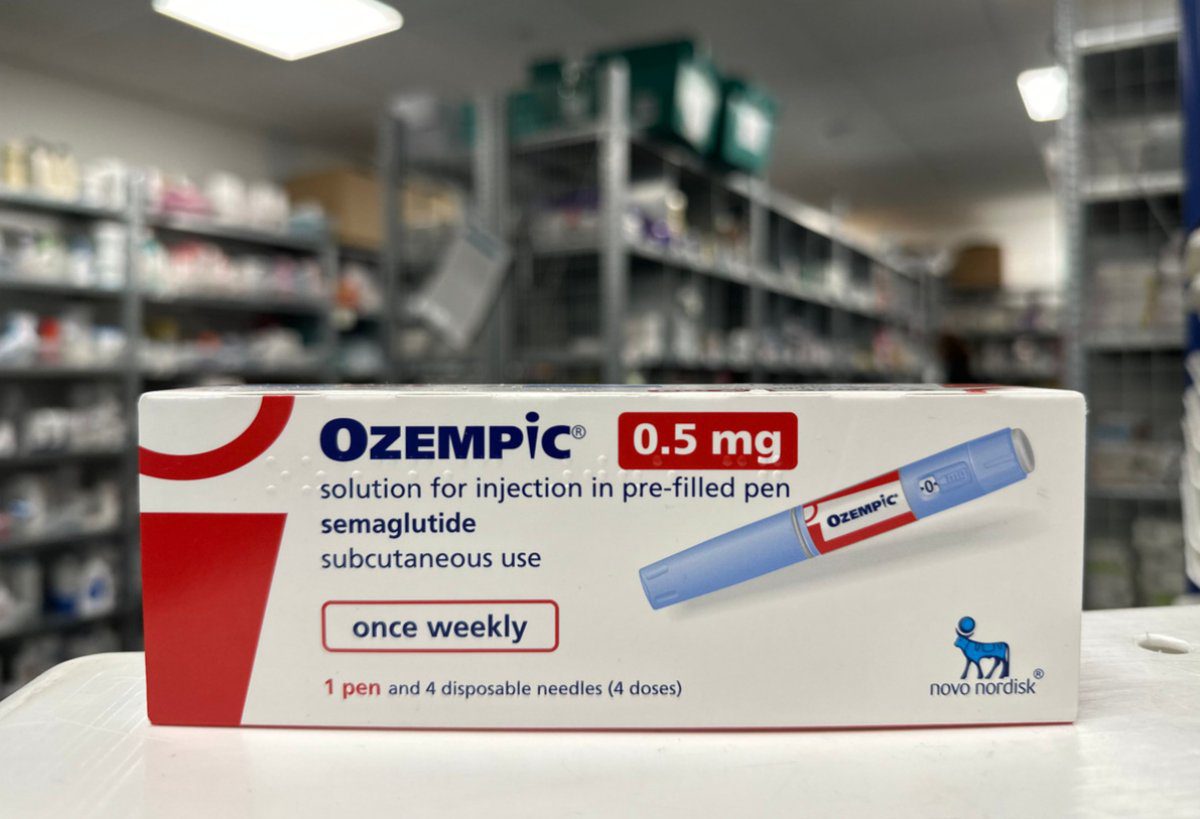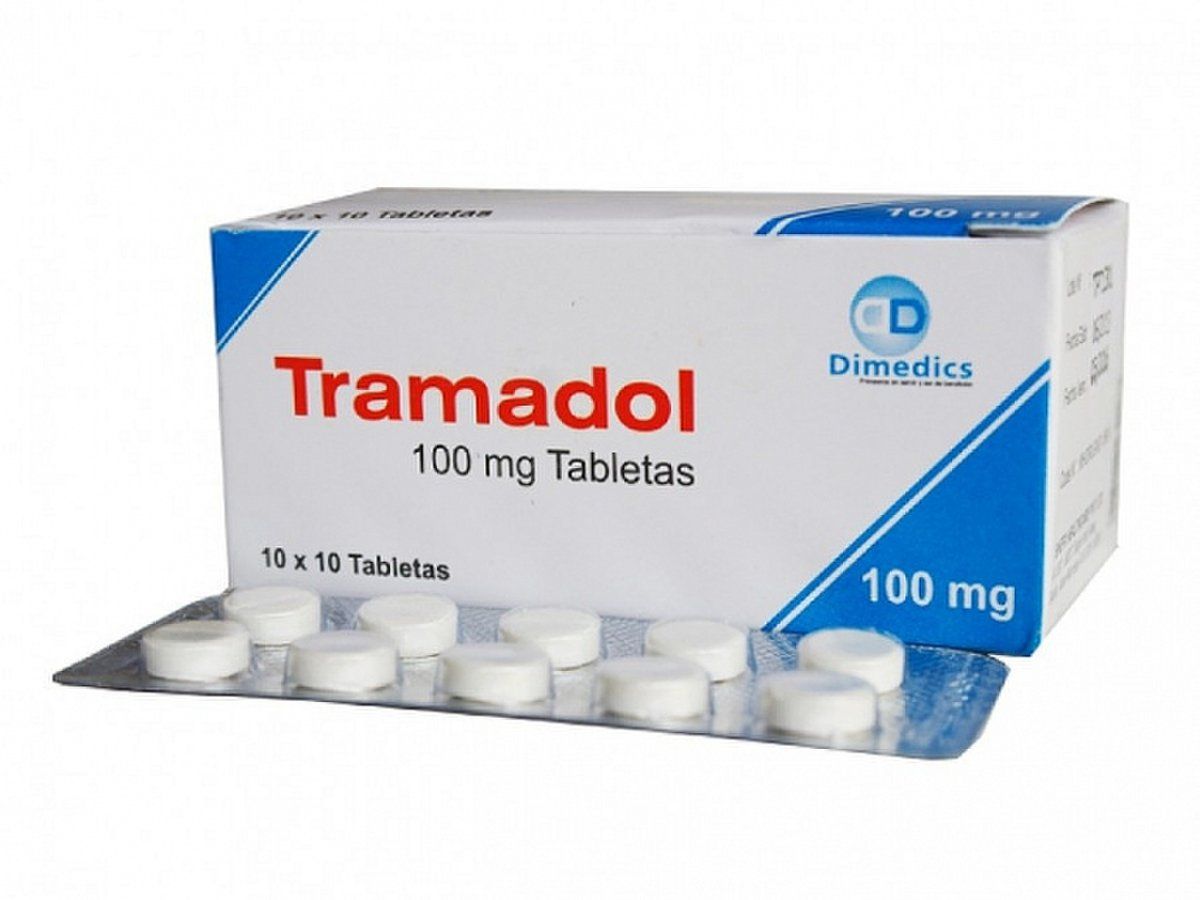The World Health Organisation (WHO) has officially added semaglutide, the active ingredient in diabetes drugs such as Ozempic and Wegovy, to its Model List of Essential Medicines (EML). This move signals a major shift in global health priorities and offers hope for millions of people with type 2 diabetes, including those in Kenya.
A Strategic Inclusion, Not a Blanket Endorsement
WHO’s decision was not simply about the global popularity of Ozempic for weight loss. The agency’s expert committee specifically recommended semaglutide and other GLP-1 receptor agonists for adults with type 2 diabetes who also suffer from high-risk conditions such as cardiovascular disease, chronic kidney disease, or obesity with a body mass index above 30.
The targeted inclusion recognises the drugs’ proven ability to lower blood sugar, reduce the risk of heart attacks and strokes, and protect kidney health. However, WHO made it clear that the drugs are not endorsed for weight loss alone, despite the growing global demand for them in the cosmetic and fitness industries.
Why the WHO Listing Matters
The Essential Medicines List is a reference document used by more than 150 countries to guide decisions on national procurement, insurance coverage, and local manufacturing. Once a drug is added to the list, it becomes a priority for governments and non-profit organisations.
Inclusion on the EML also places pressure on pharmaceutical companies to lower prices and often paves the way for generic manufacturers to enter the market. With patents on semaglutide expected to begin expiring in the coming years, WHO’s decision may accelerate the production of more affordable versions. This is critical because the current monthly cost of branded Ozempic can exceed the equivalent of 150,000 Kenyan shillings, making it inaccessible to most patients in low- and middle-income countries.
Globally, type 2 diabetes is one of the fastest-growing health crises, contributing to millions of deaths each year, often from complications like heart failure or kidney disease. WHO’s move signals a recognition that effective drugs like semaglutide are no longer a luxury but a necessity.
Kenya’s Rising Diabetes Burden
Kenya is not immune to this trend. An estimated 1.5 million Kenyans live with diabetes, with many cases going undiagnosed until complications set in. Lifestyle changes, rising obesity rates, and genetic factors have combined to make type 2 diabetes a pressing public health challenge.
For many Kenyan patients, accessing effective medication remains a challenge. Public hospitals often face stock-outs, while private facilities charge prices beyond the reach of the average household. If semaglutide becomes more affordable due to WHO’s listing, it could be a game changer for local diabetes management.
Local Concerns Over Misuse
Even as the WHO listing raises hopes for improved access, Kenyan regulators are issuing strong warnings against the misuse of semaglutide. The Pharmacy and Poisons Board (PPB) has repeatedly cautioned residents against taking Ozempic for weight loss without medical supervision.
Earlier this year, the PPB noted an increase in cases of individuals seeking semaglutide as a quick-fix slimming solution, often influenced by global celebrity endorsements and social media trends. The regulator emphasised that the drug is approved in Kenya only for treating type 2 diabetes and must be prescribed under professional guidance.
Health experts in Nairobi have echoed these concerns, pointing out that semaglutide carries risks such as hypoglycaemia, nausea, bloating, pancreatitis, gallbladder problems, and even thyroid cancer in individuals with certain genetic predispositions. Unsupervised use, they warn, could cause more harm than good.
Striking a Balance
The WHO’s decision has global implications, but its local impact will depend on how countries like Kenya implement it. On one hand, it opens the door for improved affordability and availability of semaglutide through public procurement and generic competition. On the other hand, it raises the challenge of preventing misuse, especially as global hype continues to drive off-label demand.
Kenya’s Ministry of Health has pledged to monitor the use of semaglutide closely and ensure that those who truly need it for diabetes management are prioritised. Regulators have also called on healthcare providers to report adverse side effects promptly and on the public to resist unsafe weight-loss shortcuts.













Leave a Reply